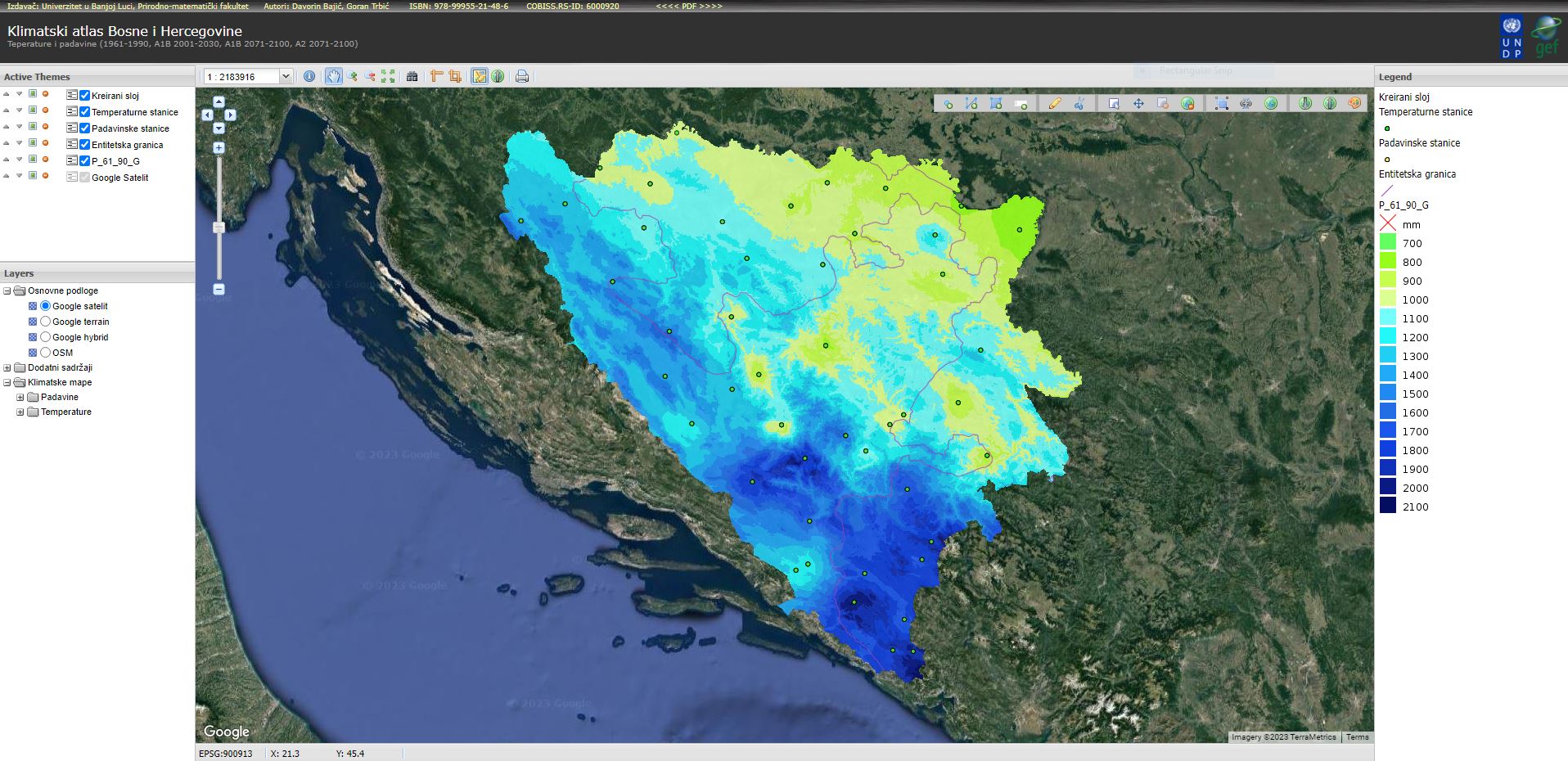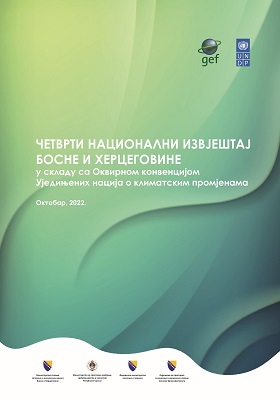UNFCCC
It has been indisputably proven today that increasing climate variability is the direct consequence of human actions. One of the most visible consequences of these actions is the greenhouse gas effect, which has been proven to be increasingly apparent during the last century. It is believed that industrialization and rapid population growth, and the resulting increase in human activities, have had a significant impact on that effect. The detrimental consequences of climate change may be particularly evident in food production, energy, forestry, water management, tourism and other branches of industry. All of these factors, albeit to a lesser extent, led the international community to decide in 1992 to establish the UN Framework Convention on Climate Change (UNFCCC). UN Convention on Climate Change (UNFCCC) entered into force in 1994 and in accordance with the adopted procedures of work and acting, 14 annual conferences (COP) have been held until now. The Convention has been ratified by 186 countries and by the European Union (EU) as an economic community.
The basic objective of the Convention is to provide for the stabilization of levels of greenhouse gases (CO2, N2O, CH4, HFCs, PFCs, and SF6) in the atmosphere at the level to prevent dangerous anthropogenic impacts on the climate system (consisting of the atmosphere, hydrosphere, land, ice cover, biosphere and interactive relationships between these subsystems). Further, the activities stated in the Convention are designed to decrease the speed of the atmospheric warming and thus provide conditions for natural ecosystems to adapt to climate change, to prevent adverse weather conditions for food production and water supply, and to ensure future economic development.
Bosnia and Herzegovina became a member of the Convention on December 6, 2000. In accordance with inter-entity agreement, the function of the UNFCCC Focal Point for BiH was placed at the entity-level Ministry of Physical Planning, Civil Engineering and Ecology of Republic of Srpska (RS). For successful implementation of Bosnia and Herzegovina’s obligations under the Convention, a BiH Climate Change Committee was formed with 32 representatives. Subsequently, in accordance with the conclusion of the BiH Council of Ministers 66th session (held on May 16, 2002), a BiH Sub-Committee for Climate Change was established, consisting of 10 members, and the majority of the Sub-Committee members were also appointed to the BiH Climate Change Committee.
In terms of obligations to the UNFCCC, the obligations of the parties to the Convention are as follows:
1. Developed countries - Annex I in the Convention: they are obliged to regulate GHG emissions on the territory of their country,
2. Developed countries - Annex II in the Convention: they are obliged to cover the costs of adaptation to climate change for the economies of developing countries,
3. Developing countries: They are obliged to report on their national GHG emissions, as well as to report on the vulnerability of their natural resources and economy to climate changes.
Member countries that do not belong to Annex I to the Convention, a group that includes Bosnia and Herzegovina, are not obligated to decrease their national greenhouse gas emissions. Namely, according to the Convention, Bosnia and Herzegovina has only general obligations that are related to:
• Calculating annual GHG emissions using a defined methodology and reporting to the Conference of Parties to the Convention;
• Introducing and implementing measures to adopt to the consequences of climate change by regulating anthropogenic emissions and adaptation measures to climate change;
• Cooperating in the development and transfer of technology, methods and processes that lead to limits, reductions and stabilization of GHG emissions;
• Cooperation in the preparation of protection measures for areas exposed to drought and floods, as well as protection measures for water resources;
• Inclusion of an assessment of climate change impacts in appropriate strategies and economic development policies with the aim of minimizing negative consequences of the climate changes to the economy, health of the population and the environment;
• Systematic observation and research, data exchange and information sharing on climate and climate change with the aim of improving scientific findings on the causes and consequences of climate change.






